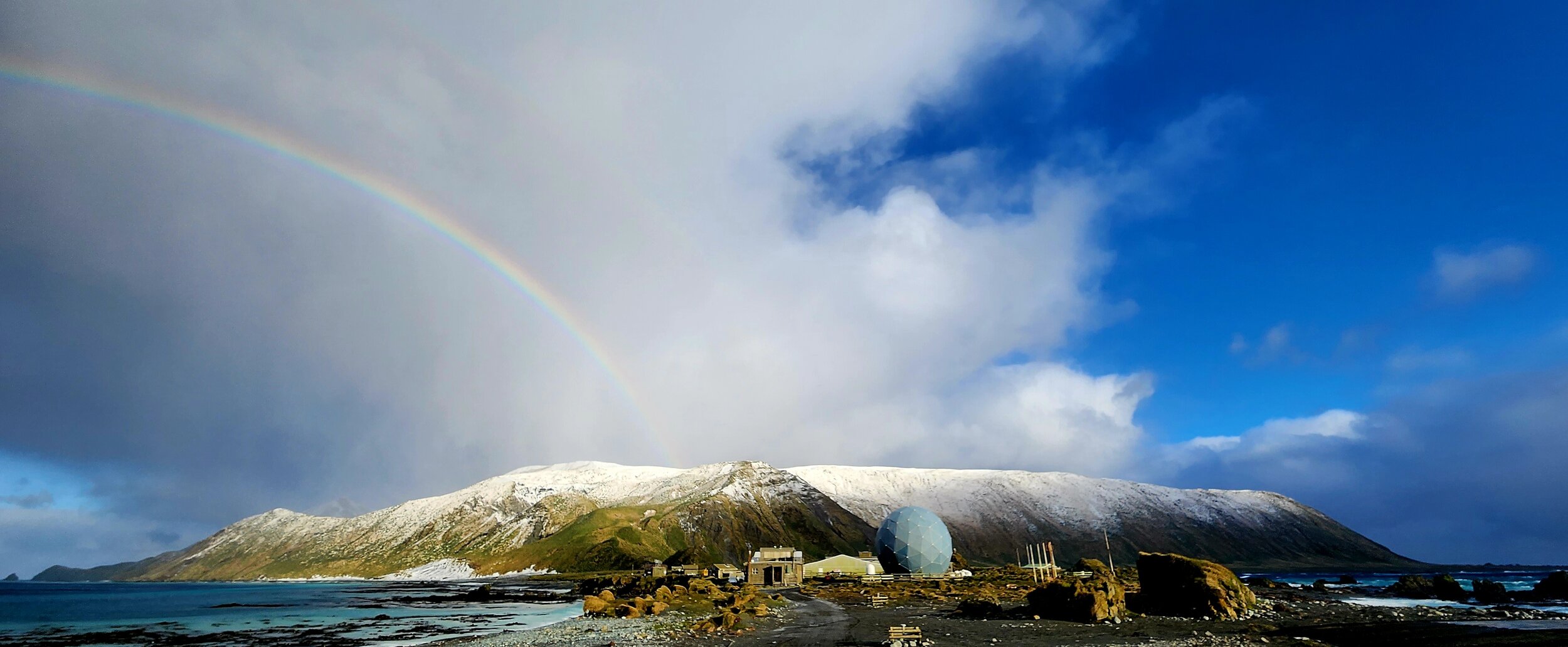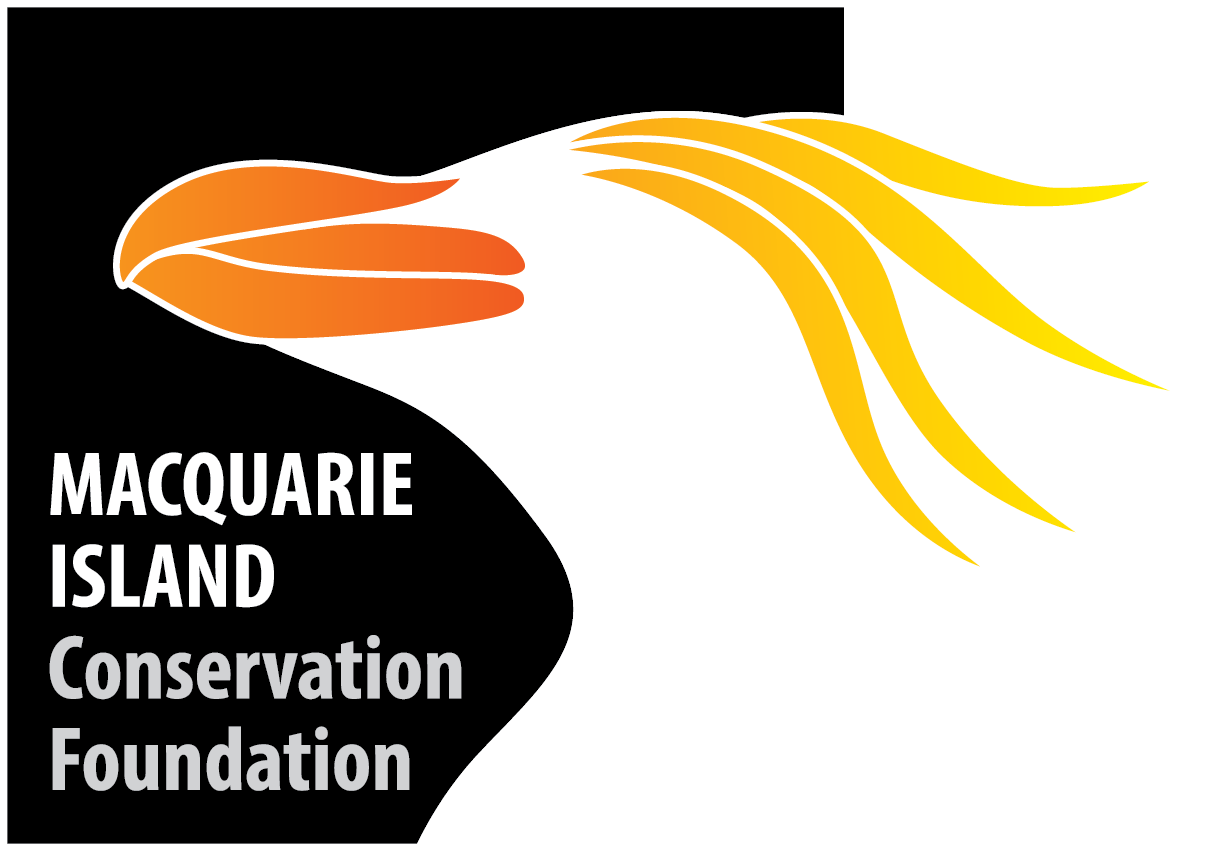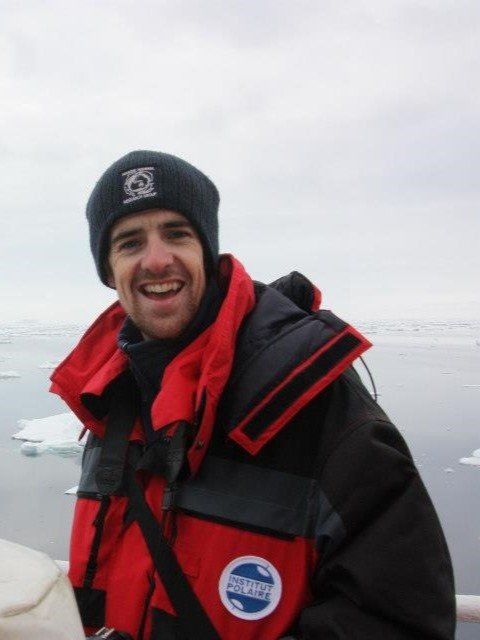
Grants
Photo: Greg Mercer
MICF Grants are available to support researchers, students, members of the community and other groups to deliver projects targeted at the conservation of Macquarie Island.
The first grants round is now closed, but please join our mailing list to hear about the next round.
In December 2023, a total of $20,000 was available for individual grants up to $7500
Objectives
MICF’s vision for Macquarie Island is that the natural and heritage values remain protected from threats and conserved for current and future generations. Despite its remoteness, the sub-Antarctic is not immune from environmental change and the backdrop of reduced funding. MICF aims to deliver a sustainable funding stream to facilitate conservation, research and engagement initiatives that benefit Macquarie Island.
Eligible projects and activities
Supported projects and activities must demonstrate alignment with one of MICF’s current funding priorities:
Conservation priorities
a. Understanding the impact of climate change on Macquarie Island.
b. Ecosystem recovery following the pest eradication.
Engagement and Outreach.
More details about these priorities can be found here.
Eligibility
To be eligible to receive a grant you must be affiliated with either:
A research institution (University, government or private).
A relevant local, state, or federal government organisation.
A community group, association, or organisation.
Another relevant conservation or research organisation.
How to apply
The current round is closed, please join our mailing list to stay tuned for the next opportunity
Grant sub-committee
Grants are assessed by the MICF Grant sub-committee. The Grant sub-committee includes external representatives knowledgeable in Macquarie Island conservation and research, a member of the MICF Management Committee, and an Independent Chair.
Jennie Churchill - Chair
Following a twenty-year career as a veterinary scientist, Jennie gained leadership, governance and management experience across not-for-profit organisations – including CEO of the University of Sydney Veterinary Science Foundation – Boards, media and communications, and government policy. A Graduate of the Australian Institute of Company Directors, she sits on the UTAS Animal Ethics Committee. Jennie has a deep interest in science-based conservation and was a Tasmanian Land Conservancy Board member for 10 years, three as Chair. Jennie followed the Macquarie Island pest eradication program closely and was thrilled to visit Macquarie in 2022.
Dr Clive McMahon
Clive is an ecologist interested in the behaviour and ecology of Southern Ocean mammals and birds and how their at-sea performance responds to the in-situ physical structure and functioning of the ocean, using miniaturized animal-borne sensors. Clive co-chairs the Animal Borne Ocean Sensor network (AniBOS) as part of the Global Ocean Observing System. These observations from remote and inaccessible regions such as the Antarctic Shelf, provide an unparalleled and integrated source of physical and behavioural data from the polar seas and surrounding oceans, allowing a better understanding of how the oceans are changing in response to global warming and what the consequences of these changes are on the performance and demographics of the marine mammals and seabirds that inhabit the polar oceans. Clive first undertook research on Macquarie Island in 1993.
Dr Cath Dickson
Cath is the Conservation Science and Planning Manager with the Tasmanian Land Conservancy (TLC), she has 20 years’ experience working in the not-for-profit eNGO and government sectors in southern Australia. While in South Australia Cath has focussed on threatened flora recovery and wetland restoration as one of the founding members of Nature Glenelg Trust, where she remained on the Board for over 10 years. Mid-career Cath completed her PhD at Monash University on the response of a dominant threatened flora species to climate change on Macquarie Island, which created a deep passion for the island, its biodiversity and effective conservation management. Cath has now returned to her other passion of applied conservation with the TLC in Tasmania, where she works with the team to undertake and integrate conservation science into best practice management.
Dr Ben Arthur
Ben is a marine ecologist and science communicator who has worked in the marine sciences for 15 years. He completed his PhD in 2016 and has led field research programs in Antarctica and the sub-Antarctic, including Macquarie Island, with the Australian, French and South African national Antarctic programs. Ben has circumnavigated the Australian continent on marine research voyages. He currently coordinates marine science engagement at the CSIRO Marine National Facility, where he also acts as a voyage manager coordinating complex, multi-million-dollar research voyages. Ben is a passionate communicator of science and its importance to our everyday lives.




